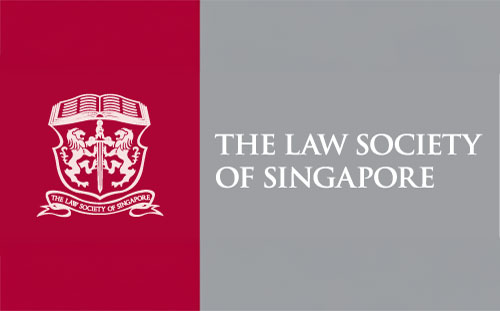Divorce vs. Annulment in Singapore:
When a marriage faces irreconcilable challenges, couples in Singapore have two primary legal options to end the union: divorce and annulment. While both result in the dissolution of the marriage, they differ significantly in legal implications, procedures, and outcomes. Understanding these differences is crucial for individuals considering either option.
What Is the Legal Definition of a Divorce?
Divorce legally terminates a valid marriage, acknowledging that the union existed and was legally binding. In Singapore, under the Women’s Charter, a divorce is granted only if the court is satisfied that the marriage has irretrievably broken down.
Grounds for Divorce
As of 1 July 2024, Singapore introduced a new ground for divorce: Divorce by Mutual Agreement (DMA). This allows couples to divorce without attributing fault, provided both parties agree that the marriage has irretrievably broken down. There are now 6 grounds for divorce, and they are:
- Adultery: One spouse has committed adultery, and the other finds it intolerable to live with them.
- Unreasonable Behaviour: One spouse has behaved in such a way that the other cannot reasonably be expected to live with them.
- Desertion: One spouse has deserted the other for at least two continuous years.
- 3 Years’ Separation With Consent: The couple has lived apart for at least three years with consent.
- 4 Years’ Separation: No requirement to obtain a written consent from the other spouse.
- Divorce by Mutual Agreement: Divorce without pointing fault.
Legal Consequences of Divorce
- Marital Status: Parties are considered “divorcees.”
- Property Division: The court will divide matrimonial assets based on contributions and needs.
- Child Custody: Arrangements for children are determined, focusing on their welfare.
- Maintenance: One party may be required to provide financial support to the other or to children.
What Is Annulment?
Annulment is a legal procedure that declares a marriage null and void, as if it never existed. In Singapore, annulments are governed by the Women’s Charter and are typically sought under two categories:
- Void Marriages: Marriages that were never valid due to reasons such as bigamy or lack of legal capacity.
- Voidable Marriages: Marriages that are valid unless annulled, often due to factors like lack of consent, mental incapacity, or non-consummation.
Grounds for Annulment
A marriage may be annulled on the following grounds:
- Non-consummation: The marriage was not consummated due to incapacity or willful refusal.
- Lack of Consent: One party did not validly consent to the marriage due to duress, mistake, or unsoundness of mind.
- Mental Disorder: One party was suffering from a mental disorder at the time of marriage.
- Venereal Disease: One party was suffering from a transmissible venereal disease at the time of marriage.
- Pregnancy by Another: The wife was pregnant by someone other than the husband at the time of marriage.
Legal Consequences of Annulment
- Marital Status: Parties are considered “single,” not “divorcees.”
- Property Division: The division of matrimonial assets may differ from that in divorce cases.
- Child Custody: Children born during the marriage are considered legitimate.
Key Differences at a Glance
| Aspect | Divorce | Annulment |
|---|---|---|
| Legal Status | Marriage existed; parties are “divorcees” | Marriage never existed; parties are “single” |
| Grounds | Irretrievable breakdown (e.g., adultery, separation) | Void or voidable reasons (e.g., lack of consent, mental disorder) |
| Timeframe | Can file after 3 years of marriage | Generally, must file within 3 years of marriage |
| Property Division | Based on contributions and needs | May differ; often less favorable to the applicant |
| Children’s Status | Children are legitimate | Children are legitimate |
| Court Procedure | May involve mediation and hearings | Requires court appearance; evidence of grounds needed |
Contact PKWA Law today
Whether you pursue divorce or annulment in Singapore depends on your circumstances and the outcome you wish to achieve. Divorce recognises that the marriage was valid but has broken down irretrievably, and the Court will then decide on matters such as custody, maintenance, and division of assets. Annulment, by contrast, declares that the marriage was never legally valid in the first place, usually because of fundamental issues at the time of marriage.
If you are unsure which path is right for you, it is crucial to seek advice from an experienced family lawyer. At PKWA Law, our family law team has over 30 years of experience helping clients navigate both divorce and annulment cases. We offer clear, fixed fees and a free first consultation so you know your options from the start.
Contact us today to speak with one of our divorce lawyers and get practical, compassionate guidance on your next steps.


